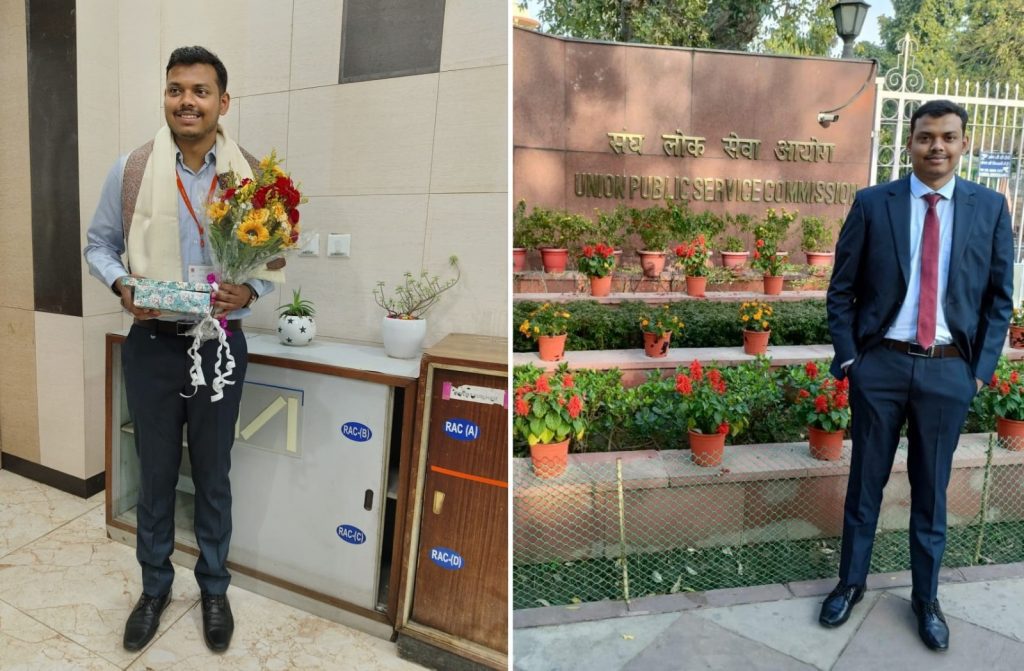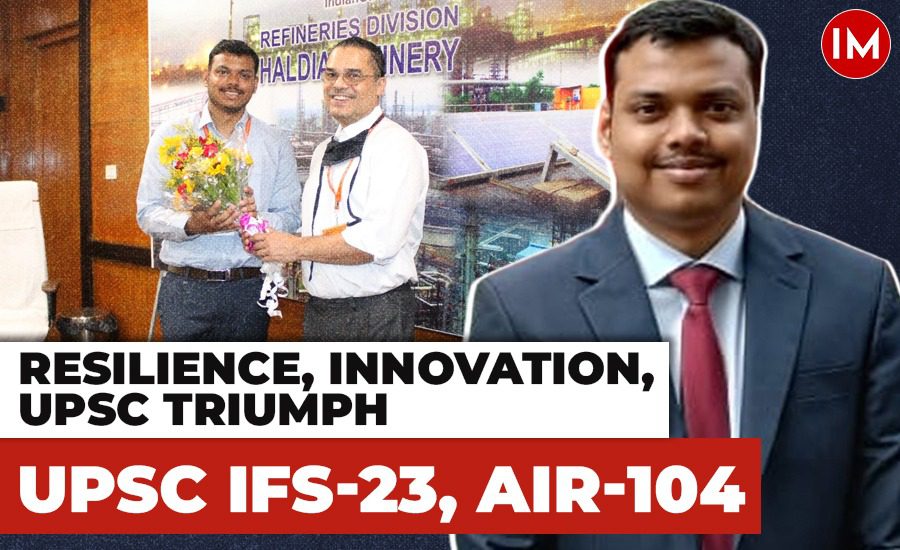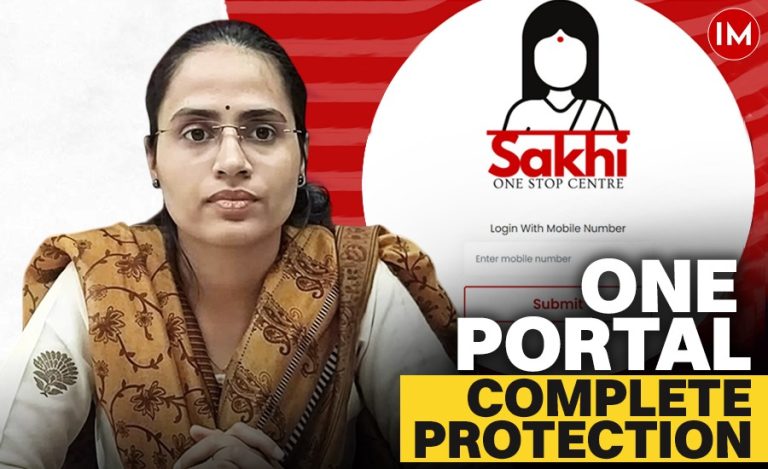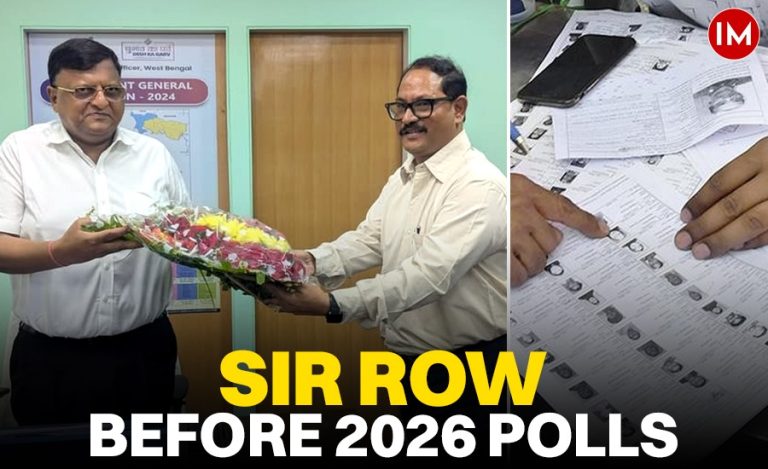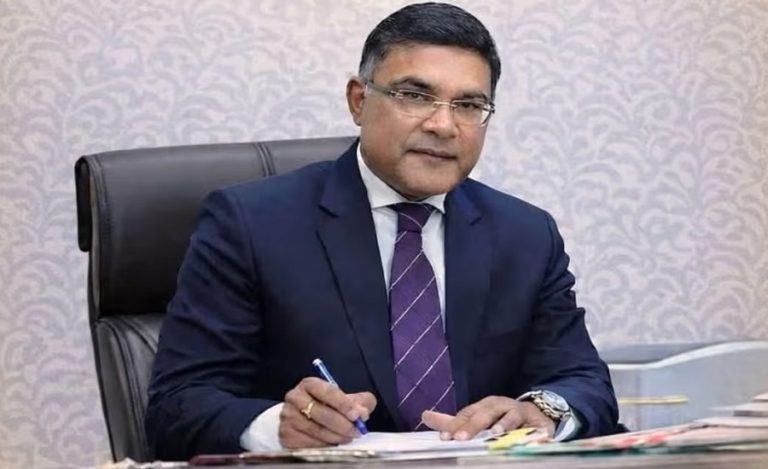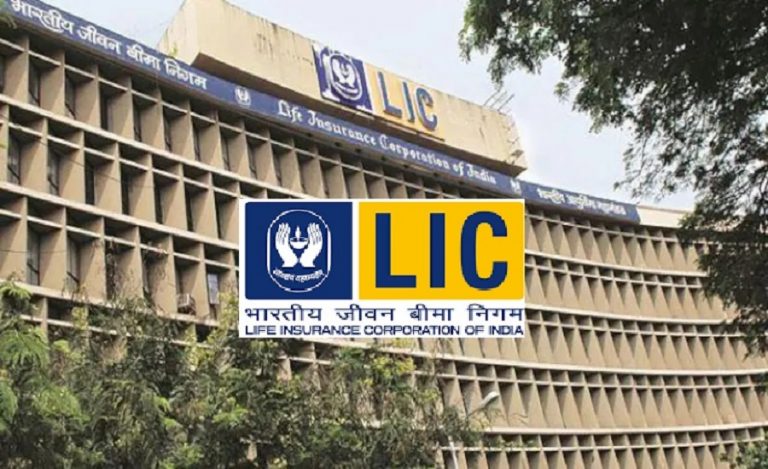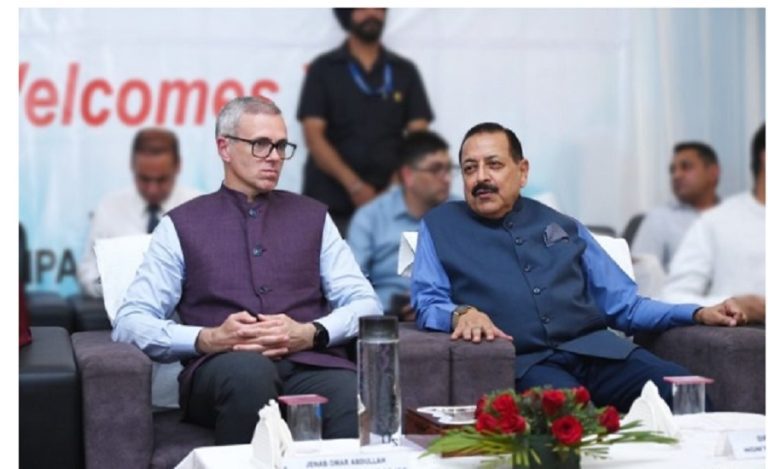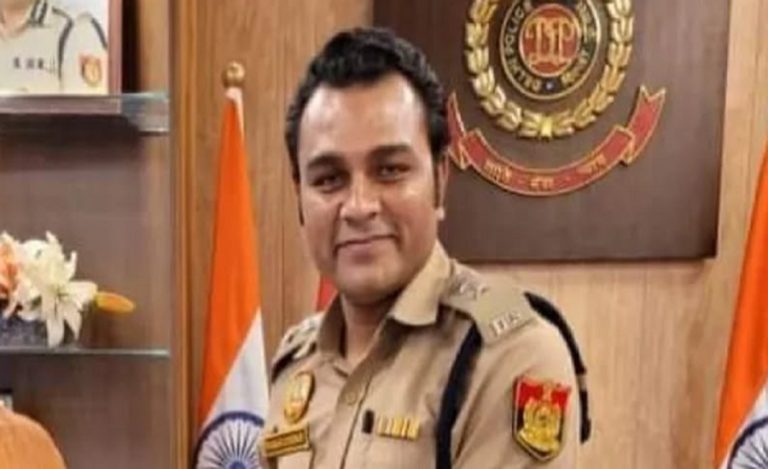Embarking on the journey toward a cherished dream often involves traversing through trials, setbacks, and triumphs. Such is the inspiring narrative of P.R. Sarbajit, a beacon of determination in the realm of civil service aspirants. With unwavering resolve, Sarbajit embarked on his odyssey in 2020, setting his sights on conquering the formidable UPSC exams, including both the Civil Services Examination (CSE) and the Indian Forest Service (IFS). Despite the daunting task of preparing for both with two optional subjects, Sarbajit refused to leave any stone unturned in the face of fierce competition.
His unwavering determination to serve as a civil servant led him down the road less traveled, even when it appeared the most daunting. Through four grueling attempts, he crafted a narrative of endurance, emerging from each trial with unwavering resolve and newfound wisdom – a living testament to the unyielding spirit of those who dare to pursue their dreams against all odds.
Despite initial setbacks, he relentlessly pursued his aspirations, refining his approach with each setback. Armed with diligence and a newfound strategic approach, he meticulously dissected the syllabus, crafting a blueprint for success. His dedication manifested in tireless hours of study, guided by a structured plan encompassing meticulous note-making and rigorous mock tests.
Finally, he conquered the UPSC IFS, cementing his status as a civil servant while keeping his sights set on the CSE. His journey epitomizes resilience, where setbacks merely serve as stepping stones toward eventual triumph.
Speaking exclusively with Indian Masterminds, he narrated his inspiring journey.
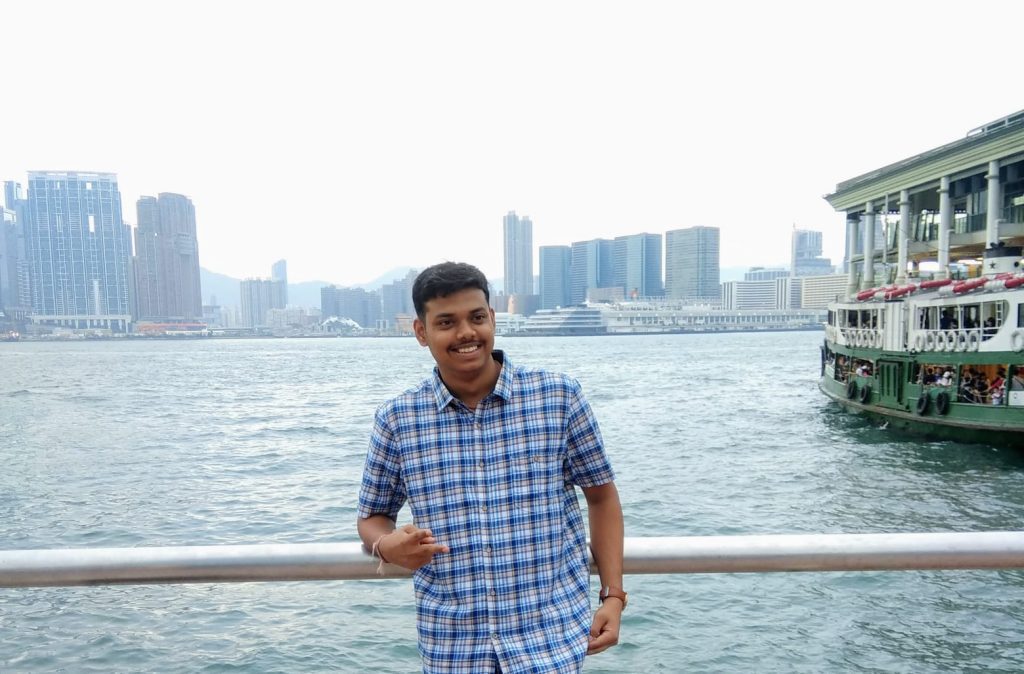
FROM IIT TO IFS: THE LONGING JOURNEY
P. R. Sarbajit started his Civil Services preparation in 2020, making a total of four attempts in the UPSC, combining both the CSE and the IFS. Over these four attempts, he cleared the prelims three times for both CSE and IFS.
In his first attempt in 2020, he did not clear the prelims for either CSE or IFS. In his second attempt in 2021, he cleared the prelims for both exams but did not clear the mains.
In his third attempt in 2022, he cleared the mains for IFS but did not make it to the final list. He did not clear the mains for CSE that year.
In his fourth attempt in 2023, he cleared the mains for both exams. However, he missed the final list for CSE by 5 marks. Despite this, he successfully cracked the IFS exam, achieving an All India Rank of 104.
He said, “It was my childhood dream. I was raised in such a way that becoming a civil servant felt like a natural path for me. When I failed in earlier attempts, I was disheartened a little bit. I knew that I could crack it, so I changed my strategy and found out my weaknesses.”

BACKGROUND
Sarbajit originally hails from Bijayanagar village in Kendrapara district in Odisha. His father works as an Executive Engineer at Paradeep Port Authority in Paradeep, while his mother is a homemaker. He has an elder brother who is a doctor at AIIMS Bhubaneswar.
He completed his basic schooling at Kendriya Vidyalaya in Paradeep up to the 10th grade. Then, he moved to Bhubaneswar and completed his 12th grade. After that, he graduated with a B.Tech. in civil Engineering from IIT Bombay in 2020.
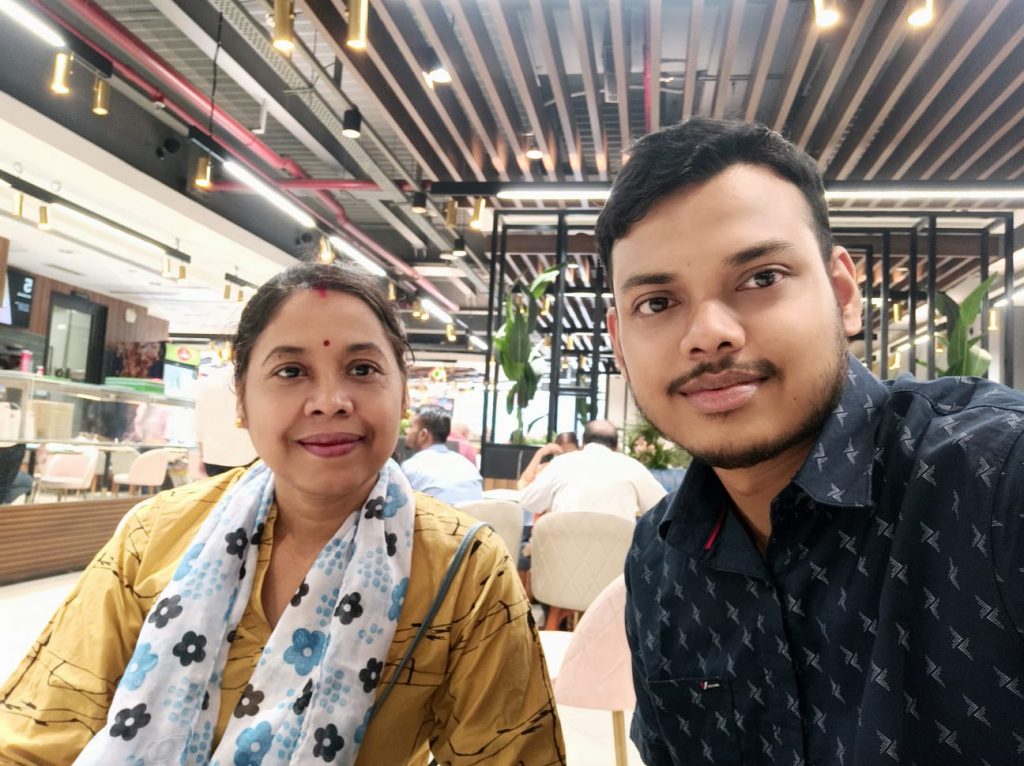
UPSC
This year, he changed his strategy and prepared systematically. Previously, he focused only on completing subjects and making notes. However, this time he approached his preparation with a structured plan, analyzing every aspect of the exam according to the syllabus’s requirements. He solved previous years’ questions (PYQs) to identify the types of questions that could appear in the exam, aligned with the syllabus. He then made concise notes, which proved helpful.
He emphasized the importance of mock tests, believing that creating an exam-like atmosphere while taking them is crucial. He planned his mock tests accordingly.
He explained that for the prelims, which is a two-hour exam, he aimed to finish in 1 hour and 50 minutes during practice. This improved his thinking speed, fact recollection, and overall synchronization with the exam’s pace.
For the mains, he employed a similar strategy. He considered multiple aspects of each topic and wrote answers from various perspectives. This comprehensive understanding helped him present his answers better.
He studied an average of eight hours daily. His optional subject for the CSE was Civil Engineering, while for the IFS, it was Forestry and Civil Engineering.
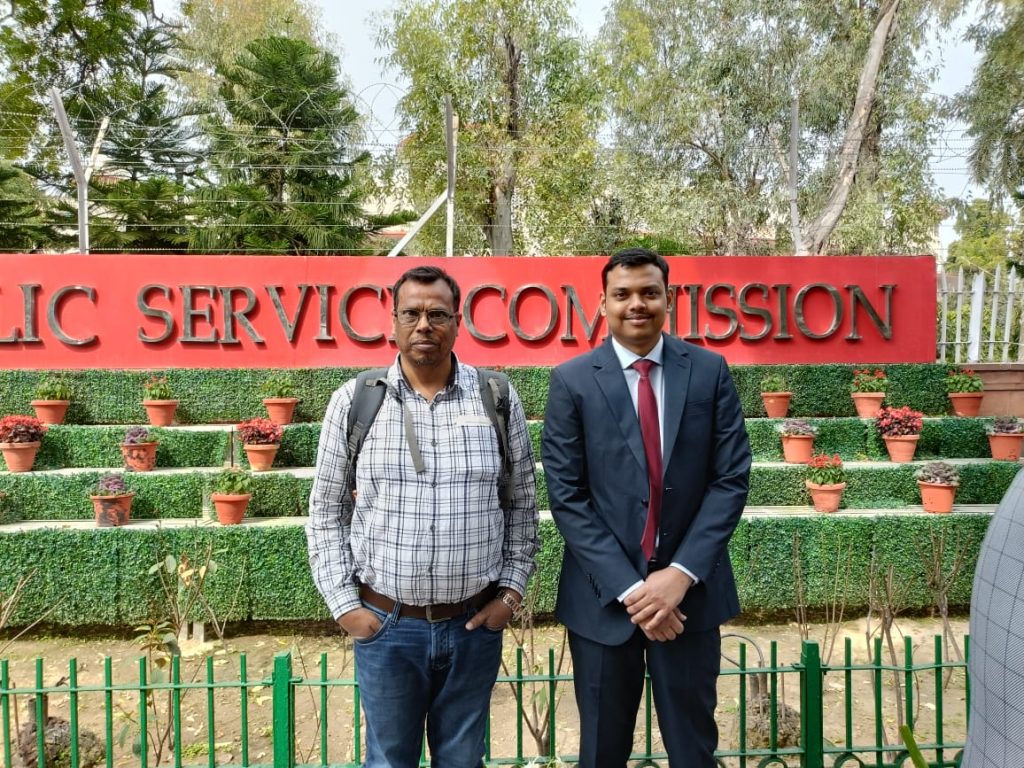
INTERVIEW
His interview lasted around 15 minutes. The board asked him about his hobby, which was microbial cultivation. They inquired where he practiced it and how he conducted his experiments.
Then, a member asked him about forest fires: what issues they present, and how he would address them. Given his engineering background, they wanted to know what technological solutions he could propose for forest fires. He replied, “By using Artificial Intelligence, satellite imagery, and remote sensing, we can identify hotspots and create better mapping. This allows us to take preventive measures with our resources before a forest fire occurs.” His answer seemed to satisfy the board members.
The board also asked him several technical questions about forestry and biodiversity. Additionally, there were a few questions based on his Detailed Application Form (DAF).
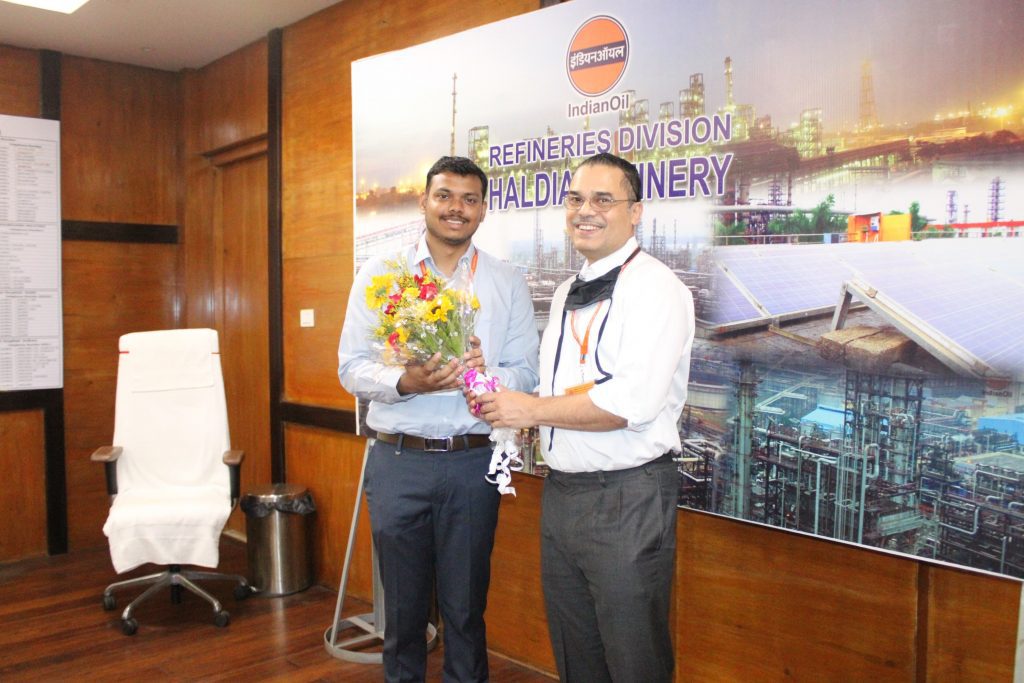
MESSAGE
Giving suggestions to UPSC aspirants, he said, “Don’t start preparations randomly or haphazardly. Do it in a structured manner, otherwise, you will lose valuable time. There should be an overall plan for your preparation, detailing how and when you will complete the topics in the syllabus. Consider how you will present your answers as well. This approach will give you confidence; otherwise, you might struggle to organize your efforts effectively.”
“This entire exam hinges on your confidence. So, stay confident and maintain consistency. Understanding previous years’ questions (PYQs) and the syllabus are crucial for this,” he added.
